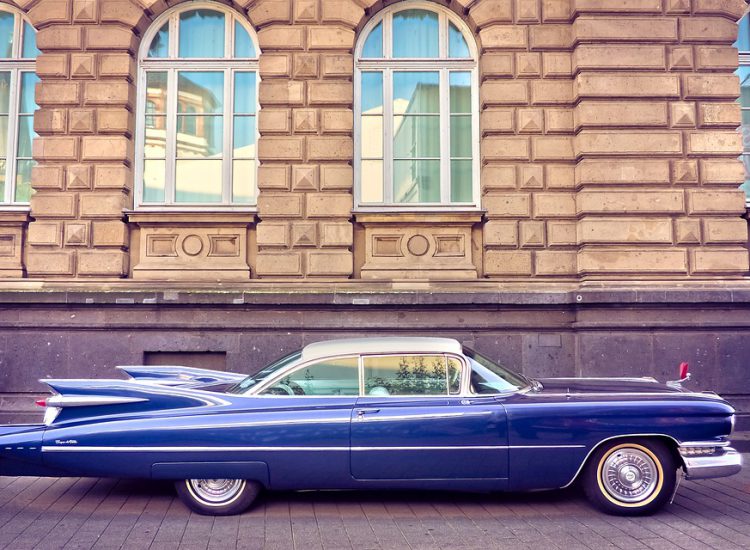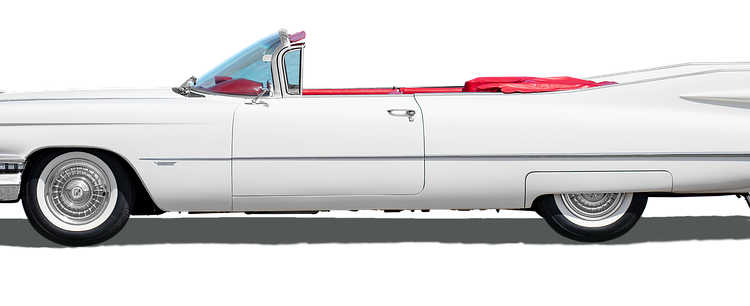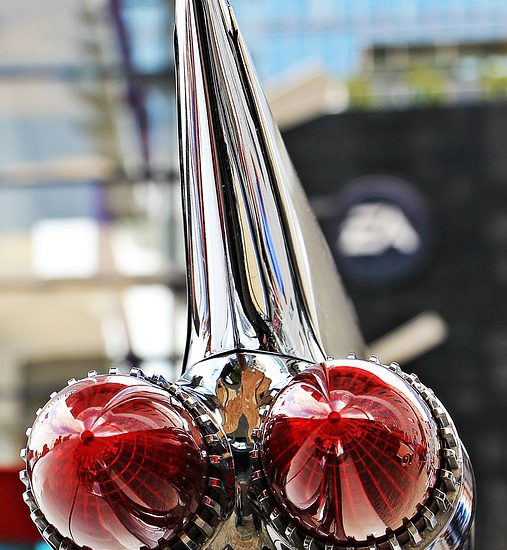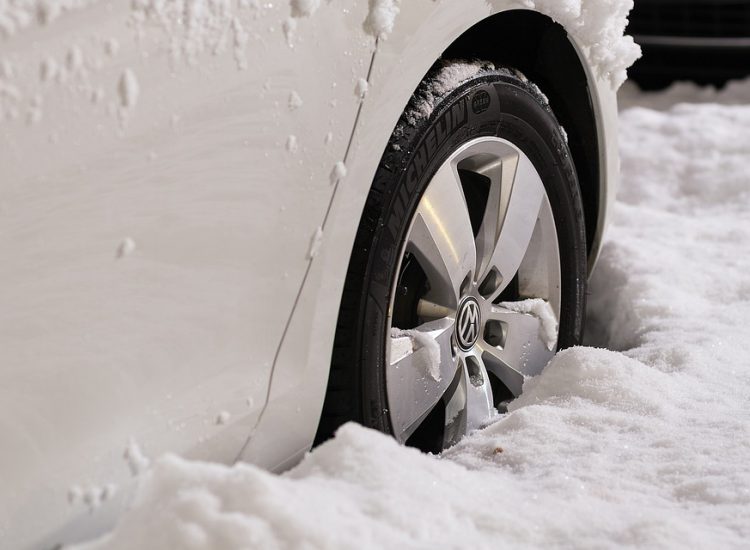Most people shopping for cars these days probably turn to the internet to research. There is a huge amount of advice on how to negotiate with a dealer, how to get the best interest rate on a loan, and the advantages of new cars versus used cars. But buyers may want to consider another option that is often forgotten: choosing to purchase certified used cars. Many buyers likely heard of this option, but ultimately dismissed it as a marketing ploy by the auto industry to make the “used” sound more appealing. However, certified used cars are a good option for some buyers because they contain newer parts, offer a number of new-vehicle incentives, and help save on depreciation cost.
Details of certification programs vary between manufacturers, but the basic principles are the same across the board. If they meet the mileage and age, used cars traded in with a dealer pass a 100-point check. Damaged, broken or damaged parts are replaced and the vehicle is ready for sale at the dealership. In most programs, cars are less than five years old and have less than 80,000 miles. Those selected for the program usually cost more than other cars traded for or acquired at auction.
As an added incentive, it may come with some benefits that new consumers buy into. These privileges vary by manufacturer. Luxury brands usually offer a limited warranty over a longer period of time, roadside assistance, a vehicle history report, and oil changes. Non-luxury manufacturers typically offer a shorter limited warranty and a deductible amount on parts under warranty and roadside assistance.
Purchasing a certificate offers a number of advantages over buying used. It may cost a little more, but some consider the comprehensive check-up and new parts to be worth the cost. On the other hand, cars depreciate rapidly. Replacing defective, broken, or damaged parts can eliminate some of the depreciation in the trade-in model. In addition, they may give buyers the option to purchase a luxury vehicle. Experts say luxury cars under inspection offer greater savings because the original owner bears the brunt of depreciation. Buyers considering a luxury model can often find a two to three year old car with low mileage and new parts. The same car loses 20 to 40 percent of its depreciation value in the first two or three years.
If you think certified used cars sound like a good option, be sure to do some research before you go shopping. Check resale values to find the average value based on condition, mileage, optional equipment, and other factors. You should also ask for a checklist of certifications and repair and maintenance history. Finally, pay attention to warranty miles and lifetime limits to understand exactly what is covered and for how long. Researching your options carefully may help you find more cars for your money.












